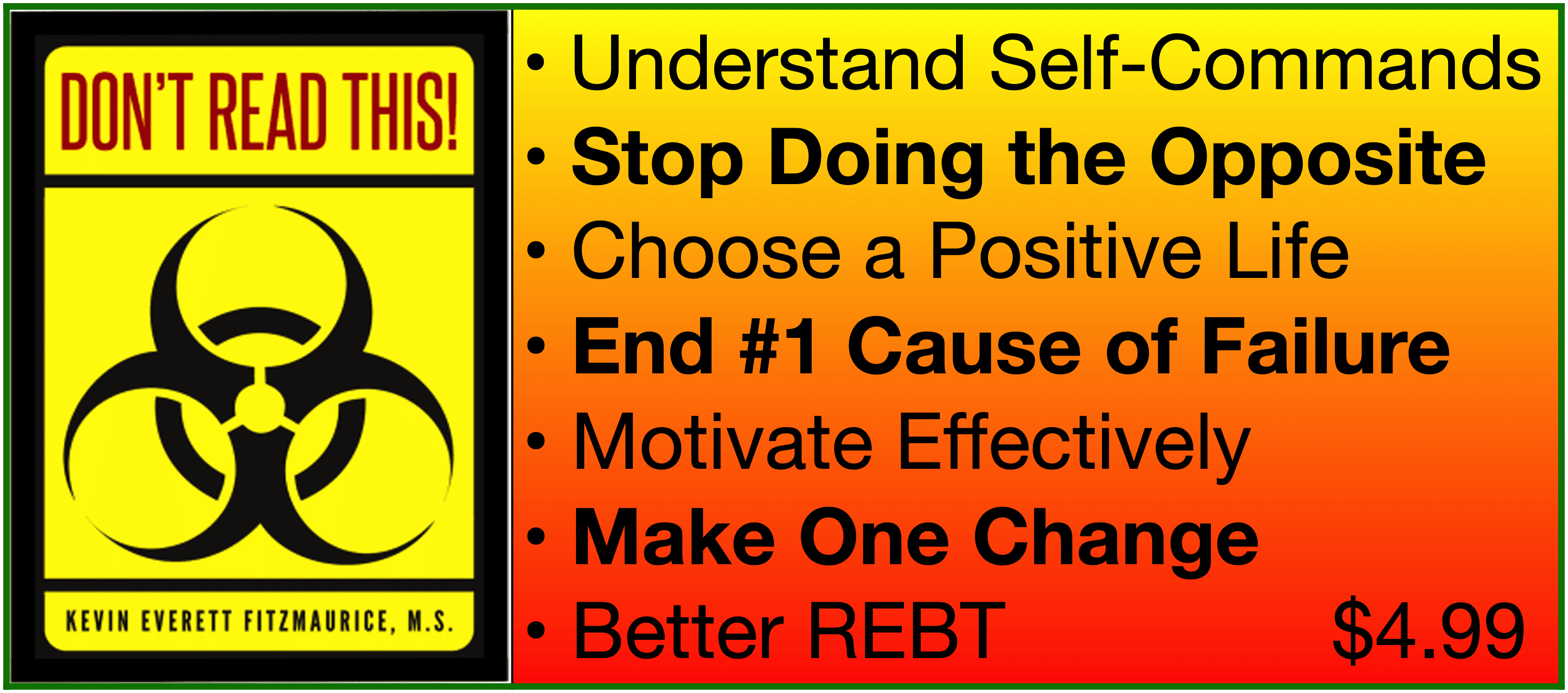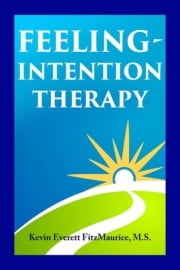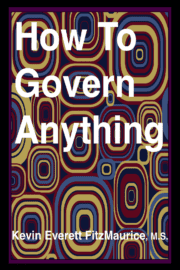DESCRIPTIONTABLE OF CONTENTSFREE PREVIEWBOOK EXTRASREAD ON ANY DEVICERELATED BOOKS
Don’t Read This! (Not)
Don’t Read This! (Not) Audiobook
Not (Don’t Read This!) If you want to improve your relationships, health, and happiness, read Don’t Read This! Today! Fixing one thing, you can fix a lot.

Don’t Read This! (Not)
- Stop Stepping In It Now!
- How To Live a Positive Life
- How To End the #1 Cause of Failure & Error
- How To Motivate More Efficiently & Effectively
- How To Stop Doing the Opposite of What You Want to Do
- How To Practice REBT More Efficiently & Effectively
One Simple Change Works Wonders: Read Don’t Read This!
- Don’t feel a need for therapy? Don’t Read This! can substitute.
- Don’t have time for self-improvement programs?
- You can change your life by changing one thing now!
- Read Don’t Read This! to change your life by changing your relationship to no-ts.
- Don’t Read This! Will give you twelve principles to improve the central life issue of dealing with no-ts.
- Improving this one issue will positively impact every area of your life.
Improve Relationships: Read Don’t Read This!
- To improve your relationships, health, and happiness, purchase and read Don’t Read This! Today!
- Enjoy the ongoing benefits of improving your relationship to one constant life issue.
- Don’t Read This! can help with parenting, teaching, coaching, managing relationships, addictions, codependency, relaxation, problem-solving, emotions, anxiety, anger, depression, and stress coping, among other issues.
What Is No-ting? Read Don’t Read This!
- “No-t” is a thought containing some form of a not-based word or phrase.
- Examples of nots include can’t, don’t, haven’t, mustn’t, oughtn’t, shouldn’t, won’t, and wouldn’t.
- No-t is used when the word not is treated as a thing or subject, and no-ts is simply the plural form of no-t.
- No-ting is used when the word not is treated as a verb or for energy transfer.
- While this takes some getting used to, its advantages in maintaining the difference between the word not and the use of the word not as more than a word are necessary.
How & When to Use No-ts: Read Don’t Read This!
- Correct and incorrect no-t usage is the focus of this book.
- Twelve principles of no-t usage are presented and explained.
- No-t principles are ordered from simple to complex.
- The twelve principles overlap, so repetition and redundancy exist.
- Repetition is beneficial to learning the principles, understanding the principles, remembering the principles, the right practice of the principles, and making the principles your new habits.
- The no-t principles require your testing and proving to be effective for you.
- Fearlessly challenge them for the greatest benefit.
Change One Thing, Change Your Life: Read Don’t Read This!
- Don’t Read This! It is your opportunity to change one thing: to change your life and impact all those around you. Read Don’t Read This! Today!
- REBT practitioners use Not and understand how to update and refine their practice of REBT for greater effectiveness and efficiency.
- For example, use this book to understand why you should look for “should nots” instead of “shoulds.”
- Also, understand how “nots” cause things to be viewed as terrible, horrible, and awful.
- Philosophers can understand Don’t Read This! as an exposition on the nature of evil.
- Ever wonder why you do the opposite of what you want to do? Ever wonder why others do the opposite of what you want them to do?
- Read Don’t Read This! for the definitive answer.
Change Your Life: Reduce Your No-ting in Don’t Read This!
- After you change your relationship to no-ts, your life will change.
- Changing your life for the better will promote positive change in all those you relate to.
- Progress is doing the bad less and the good more.
- Progress is doing the wrong less and the right more.
- Practicing right no-t usage more and wrong no-t usage less is progress.
- Change your relationship to no-ts; change your life.
- “To no-t, or not to no-t: that is the question.” —Kevin Everett FitzMaurice
Original Cover for Don’t Read This!

CONTENTS ORGANIZED BY CHAPTER
Chapter 1
Definition of No-t
Chapter 2
First Principle of No-t Usage
Chapter 3
Second Principle of No-t Usage
Chapter 4
Third Principle of No-t Usage
- Two Kinds of Stress
Chapter 5
Fourth Principle of No-t Usage
- Two Kinds of Nots
Chapter 6
Fifth Principle of No-t Usage
- Three Productive Options: 3PO
- Rules for 3PO: Rescue, Fix, Accept
Chapter 7
Sixth Principle of No-t Usage
Chapter 8
Seventh Principle of No-t Usage
Chapter 9
Eighth Principle of No-t Usage
Chapter 10
Ninth Principle of No-t Usage
- Two Kinds of Nots, Again
Chapter 11
Tenth Principle of No-t Usage
Chapter 12
Eleventh Principle of No-t Usage
Chapter 13
Twelfth Principle of No-t Usage
Chapter 14
Problematic Emotions and No-t Usage
Chapter 15
Problematic Responses and No-t Usage
Chapter 16
Problematic Reactions and No-t Usage
Chapter 17
Expectations and No-t Usage
Chapter 18
Common Anti-no-ting Strategies
Chapter 19
Common Ways of Speaking about No-ting
Chapter 20
Collections
- Twelve Principles of No-t Usage Collected
- Two No-t Facts Collected
- Secrets Collected
Chapter 21
Helpful Reminders
Chapter 22
End
- Write and Delineate
- Challenge
- Definition of Terms
- End Notes
- Suggested Readings
- Advertisement
International Standard Book Number (ISBN)
- Ebook ISBN: 978-1-878693-17-4
- Paperback ISBN: 978-1-977052-93-3
Original Cover for Don’t Read This!
Not (Don’t Read This!)
- Click on the above button.
- Click on “Look inside.”
- Click “Read sample”
Original Cover for Don’t Read This!
Related Pages of Free Information
- 7 Steps of Suppression: No-ting
- 11 Irrational Beliefs Using “Must Not”
- No-ting & GAADSAP Emotions
- No-ting & The Problem of Knowing
- No-ting Thinking Error
- Notes on No-ting
- REBT’s 4 Issues As System
- Contents
- The General Case of No-ting









